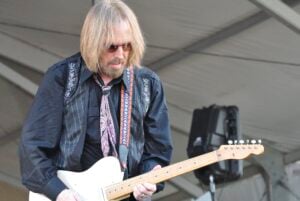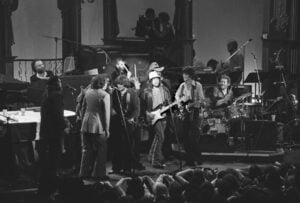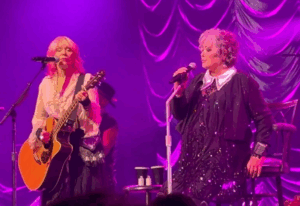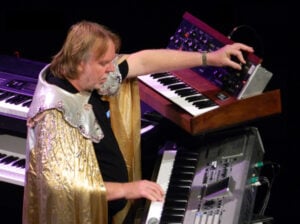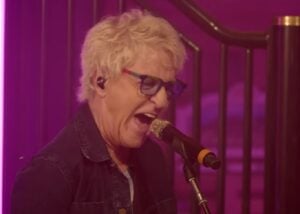Mark David Chapman Denied Parole for 14th Time in John Lennon Murder Case
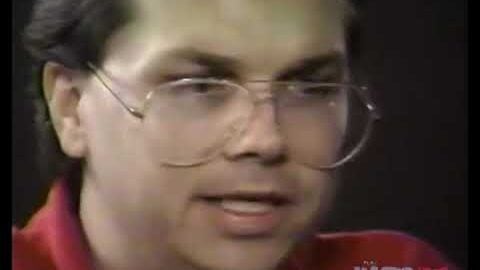
via The Assassination of Joh / Youtube
On December 8, 1980, the music world stood still. John Lennon—former Beatle, cultural icon, and peace advocate—was gunned down outside his New York City apartment by Mark David Chapman. The senseless killing shocked millions, casting a shadow over a generation of fans who had looked to Lennon as a voice of hope.
Now, 45 years later, Chapman remains incarcerated, and the New York State Department of Corrections and Community Supervision has denied his parole for the 14th time. At age 70, he continues to serve a sentence of 20 years to life at Green Haven Correctional Facility.
The news, first reported by The Guardian, comes as no surprise to those who have followed the case closely. Parole has been consistently denied since Chapman first became eligible, with authorities citing the “premeditated and egregious” nature of the crime as a persistent barrier to release.
Safety Concerns and Public Outcry
Beyond the gravity of the offense, safety concerns continue to play a major role in the board’s decisions. As noted in various reports, including on Wikipedia, credible threats have been made against Chapman by outraged Lennon fans, raising fears that his life could be at risk if released to the public.
Yoko Ono, Lennon’s widow and longtime creative partner, remains a vocal opponent of Chapman’s parole. Over the years, she has submitted numerous letters to the board, arguing not only that Chapman’s release would dishonor her late husband’s legacy, but that it would also place Chapman himself in danger.
Her emotional testimony has carried significant weight in the board’s deliberations. She has often spoken of the profound trauma caused by witnessing Lennon’s final moments and continues to advocate against the possibility of Chapman walking free.
Infamy and Motivation
Chapman’s own words haven’t helped his case either. During earlier parole hearings, he openly admitted that his motive was, in part, to achieve notoriety. According to Biography.com, Chapman acknowledged that he was driven by a desire for “self-glory”—a confession that has continued to disturb parole board members.
Each time his name resurfaces in the media, so too does the pain and controversy surrounding one of the most shocking acts of violence in music history. For many, Lennon’s murder is not just a criminal case—it’s a cultural wound that never fully healed.
Chapman will next be eligible to apply for parole in February 2027, marking what will be his 15th attempt. Whether or not anything changes remains to be seen, but for now, the man who silenced one of music’s most powerful voices will remain behind prison walls.





